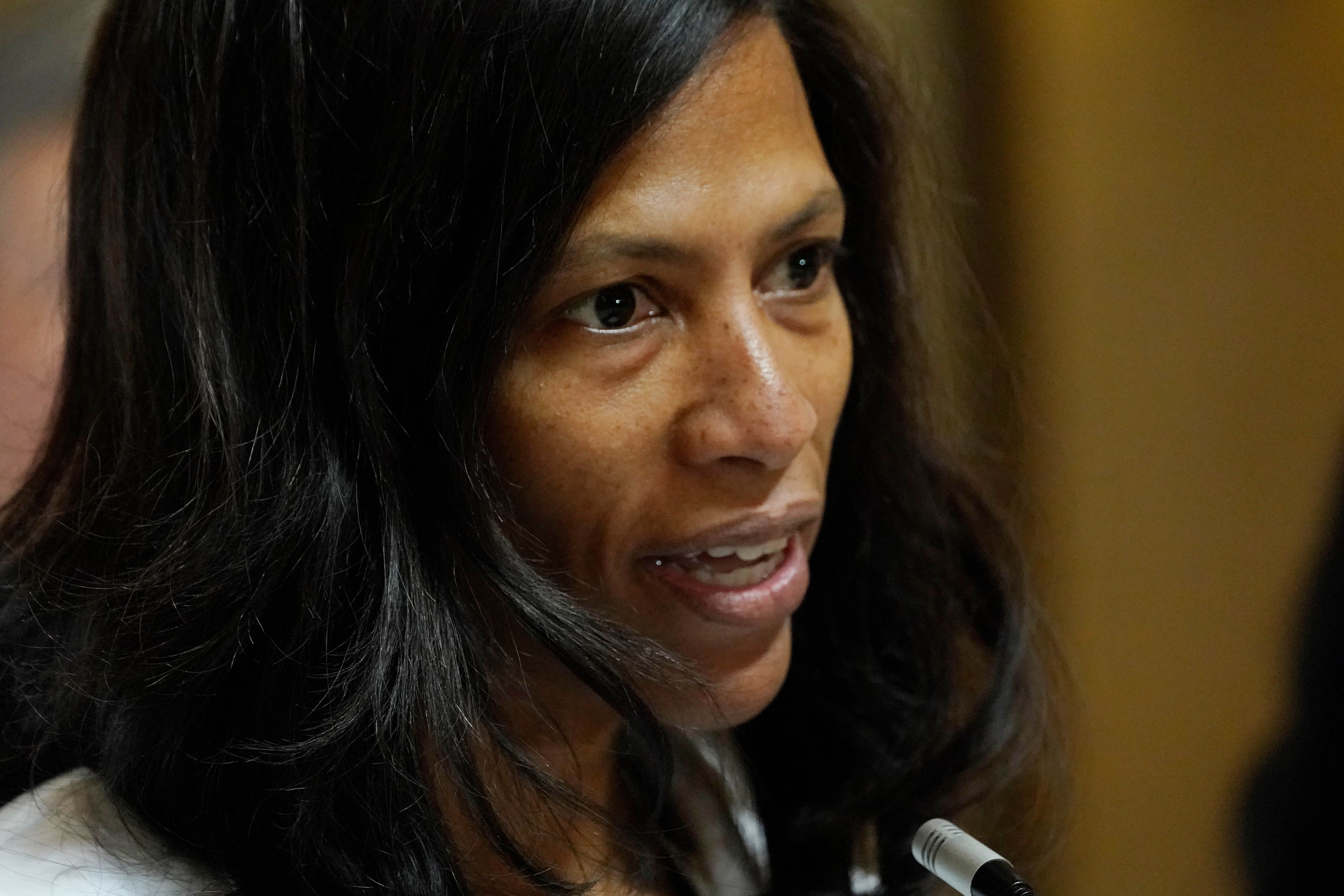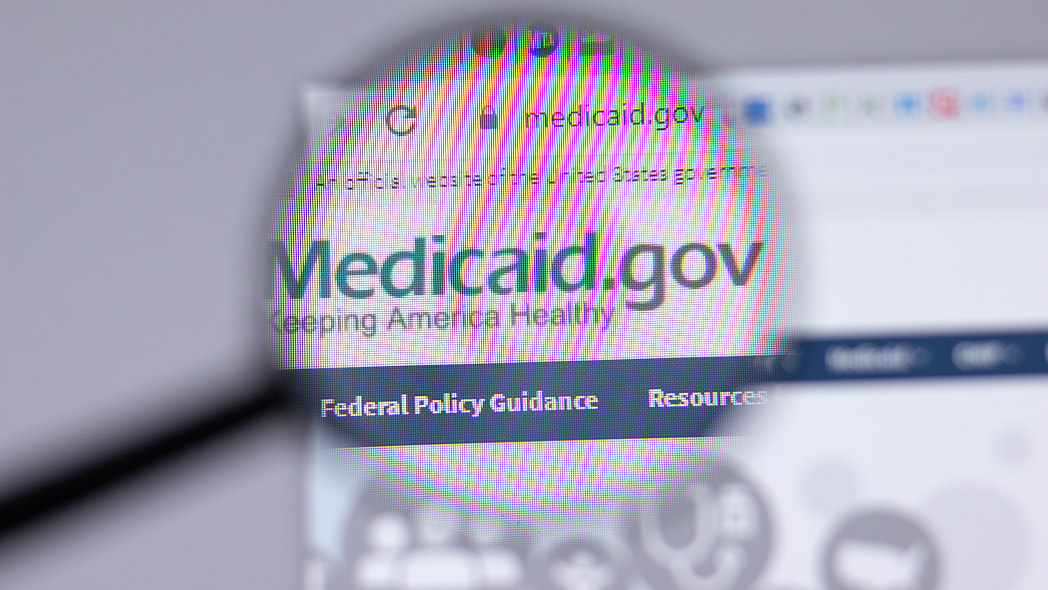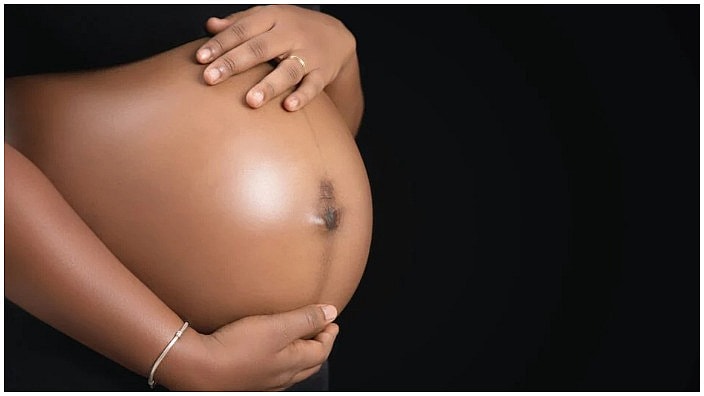JACKSON, Miss. (AP) — Black people make up about 38% of Mississippi‘s population, but a new study shows that Black women were four times more likely to die of causes directly related to pregnancy than white women in the state in 2020.
“It is imperative that this racial inequity is not only recognized, but that concerted efforts are made at the institutional, community, and state levels to reduce these disparate outcomes,” wrote Dr. Michelle Owens and Dr. Courtney Mitchell, leaders of the Maternal Mortality Review Committee that conducted the study.
The Mississippi State Department of Health published the findings Wednesday.
The committee said 80% of pregnancy-related deaths in Mississippi between 2016 and 2020 were considered preventable, and cardiovascular disease and hypertension remain top contributors to maternal mortality.

Women need comprehensive primary care before, during and after pregnancy, but many people live in areas where health care services are scarce, Owens and Mitchell wrote.
“A substantial portion of this care is being shouldered by smaller hospitals with limited resources, many of whom are facing possible closure and limiting or discontinuing the provision of obstetrical services, further increasing the burdens borne by the individuals and their communities,” they wrote.
The Maternal Mortality Review Committee was formed in 2017, and its members include physicians, nurses, public health experts and others who work in health care.
The committee found that from 2016 to 2020, Mississippi’s pregnancy-related mortality rate was 35.2 deaths per 100,000 live births. The study did not provide a comparable five-year number for the U.S. but said the national rate was 20.1 deaths per 100,000 live births in 2019 and 32.9 deaths per 100,000 live births in 2020.
Mississippi has long been one of the poorest states in the U.S., with some of the highest rates of obesity and heart disease.
A state health department program called Healthy Moms, Healthy Babies offers care management and home visits for pregnant women and for infants who are at risk of having health problems.
“Losing one mother is too many,” Dr. Daniel Edney, the state health officer, said in a news release about the maternal mortality study.
The committee recommended that Mississippi leaders expand Medicaid to people who work in lower-wage jobs that don’t provide private health insurance — a policy proposal that Republican Gov. Tate Reeves has long opposed.
Earlier this year, Reeves signed a law allowing postpartum Medicaid coverage for a full year, up from two months.
Medicaid expansion is optional under the health care overhaul that then-President Barack Obama signed into law in 2010, and Mississippi is one of 10 states that have not taken the option. The non-expansion states have Republican governors, Republican-controlled Legislatures or both.
“Medicaid expansion should be incorporated for rural hospitals to remain open and include access to telehealth services,” the Maternal Mortality Review Committee leaders wrote. “There is a need for rural healthcare facilities to provide higher levels of critical care, recruit and retain adequate providers, and have access to life saving equipment, especially in the most vulnerable areas of the state.”
The study examined deaths that occurred during or within one year after pregnancy. It defined pregnancy-related deaths as those “initiated by pregnancy, or the aggravation of an unrelated condition by the physiologic effects of pregnancy” and pregnancy-associated deaths as those “from a cause that is not related to pregnancy.”
Pregnancy-related deaths during the five years included 17 homicides and four suicides, plus 26 instances of substance abuse disorder contributing to the maternal death and 30 instances of mental health conditions other than substance abuse disorder contributing to a death.
The study also said obesity contributed to 32 maternal deaths and discrimination contributed to 22. It noted that some pregnancy-related deaths could have more than one contributing factor.
The committee recommended that health care providers develop procedures and training to address maternal patients with severe complaints for the same health concern, including training to eliminate bias or discrimination.
Recommended Stories
Never miss a beat: Get our daily stories straight to your inbox with theGrio’s newsletter.









